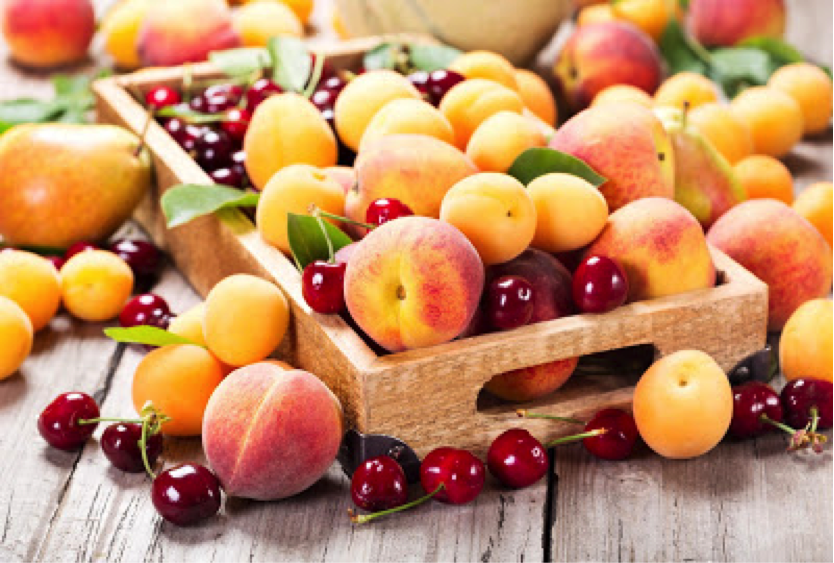
You may have noticed two different polyols within the Monash University FODMAP Diet Smartphone App - sorbitol and mannitol. These are naturally occurring sugar alcohols (also called polyols) found in a range of fruits and vegetables including stone fruits and mushrooms. There are other sugar polyols that are added to commercial products such as chewing gums, mints and diabetic products. These include xylitol, maltitol and isomalt. You may have also noticed the warning that comes on some of these packages “Excess consumption can have a laxative effect”!
Sorbitol
Mannitol
Some people with IBS have had breath testing for one or both of these sugars indicating different levels of absorption, but unfortunately this does not indicate whether the sugar is contributing to your symptoms. You may not need to avoid all polyols to manage your IBS, but you might find occasionally that they upset you, depending on your level of tolerance.
Sorbitol and mannitol (and other sugar polyols) are slowly absorbed along the length of the small intestine and often are malabsorbed when the sugar reaches the large intestine for fermentation. Just like fructose, however, regardless of whether the sugar polyols are completely absorbed or not, they can have effects in the gut. They will have an osmotic effect, dragging water through the bowel and can be fermented by intestinal bacteria which produces gas.
So the gas and water changes that contribute to symptoms of bloating, pain and altered bowel habit can occur whether the sugar polyol is absorbed or not. Whether you get symptoms will probably depend on the amount of polyols consumed, what else you have eaten with it, whether you have had other FODMAPs that day and how sensitive your gut is at the time.
Avocados, for example are very high in the polyol sorbitol
The Monash FODMAP App provides you with a comprehensive guide to foods high and low in polyols and separate food 'challenges' can be completed to test your tolerance to different sorbitol and mannitol containing foods during Step 2 (reintroduction) of the FODMAP diet. Working with a dietitian can be helpful, as they can suggest suitable challenge foods and amounts according to your likes/dislikes and help to personalise your diet ongoing.